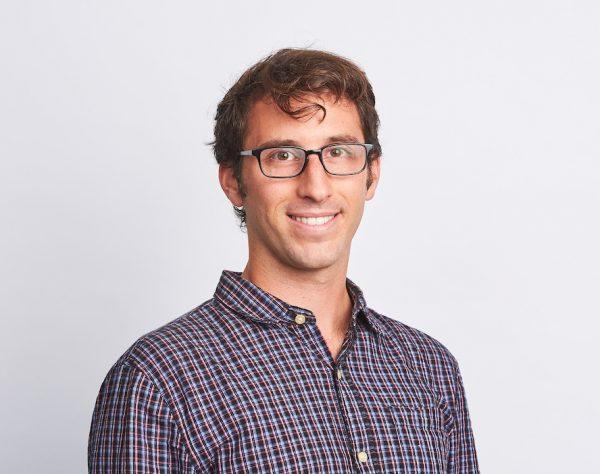-
About
- Leadership & Faculty
- News & Events
-
Academics
- Graduate
- Advanced Clinical Training
- Continuing Education
- Academic Departments
- Academic Offices
- Simulation Experiences
-
Student Life
-
Research
-
Hospitals & Clinics
- Emergency Care
- Hospital Services
-
Community Outreach
- Volunteer
Nathan Alexander
Student Profile

Education:
Bachelor’s degree, Environmental Studies and Spanish, University of Oregon, 2014
M.S. in Animals and Public Policy, Tufts University, 2019
Current Position:
Food Service Innovation Coordinator at The Humane Society of the United States
What were you doing before entering the Masters in Animals and Public Policy (MAPP) program?
I worked for the University of Washington Children’s Center at Portage Bay where I was an Assistant Preschool Teacher. In the past, I have spent a lot of time interning and volunteering in various animal sanctuaries around the world. Most notably, I completed an 8-week internship at a chimpanzee sanctuary in Bend, Oregon, which was a life-changing experience for me.
What aspects of MAPP led to your decision to join the program?
I was drawn to the MAPP program because it felt like a perfect fit for what I am looking to do in my life. It seems to be a well-rounded program that offers a variety of pathways and that sufficiently equip students to create legitimate change in the intersection between humans and animals. I have been searching for a means of breaking into the field of animal welfare and I discovered the MAPP program at the perfect time.
In what ways do you use your MAPP in your current position?
In my current role, I use the skills I gained through my MAPP to communicate information that may be unfamiliar or confusing for an audience in a way that is easy to understand. Throughout the course of the MAPP program, I sharpened my presentation skills, which I use daily in my professional life to help institutions understand the benefits of plant-forward menus in their dining operations. I also learned how to communicate my message, which often has a lot of stigma surrounding it, in an approachable manner so that the schools and hospitals I work with are more open to incorporating plant-based options.
Tell us about your MAPP project or preceptorship. In what ways did it help you form your career goals?
My MAPP externship was extremely self-guided. I had to get creative throughout the course of my externship, which taught me a lot about adapting and being flexible. This is a priceless skill in any role you take on and, though the lack of structure throughout my externship was very challenging, I took away a clear lesson and a skillset that I did not expect to develop through that experience.
What did you like most about the MAPP program?
The MAPP program was a great space to explore topics that I was not very familiar with. Animal advocacy has so many avenues, so there is always more to learn. Students come from a variety of backgrounds and have diverse interests in the intersection of humans and animals. Coming into MAPP I was most knowledgeable about farm animal and wildlife issues. Upon completing MAPP, I felt knowledgeable about topic areas and issues surrounding companion animals, research animals and more, as well as the policy process that goes hand-in-hand with animal advocacy. I appreciated the discourse-style environment and enjoyed learning from students and professors alike.
Is there anything else you would like to share with prospective MAPP students?
Come in with an open mind. Animal-lovers are notorious for being too “extreme” or “preachy.” MAPP is great for teaching students how to communicate their message in a way that people will listen to it. It is hard to learn how to adjust your messaging so you will be heard, but it is one of the most vital skills you can obtain. Many animal-lovers tend to think that once people know the horrific ways that animals are treated in most parts of society, they will inevitably change. That is, unfortunately, not usually the case. In MAPP, you will learn how to frame your argument in terms that your audience will understand, identify with and be motivated by. I do this every single day in my current role.